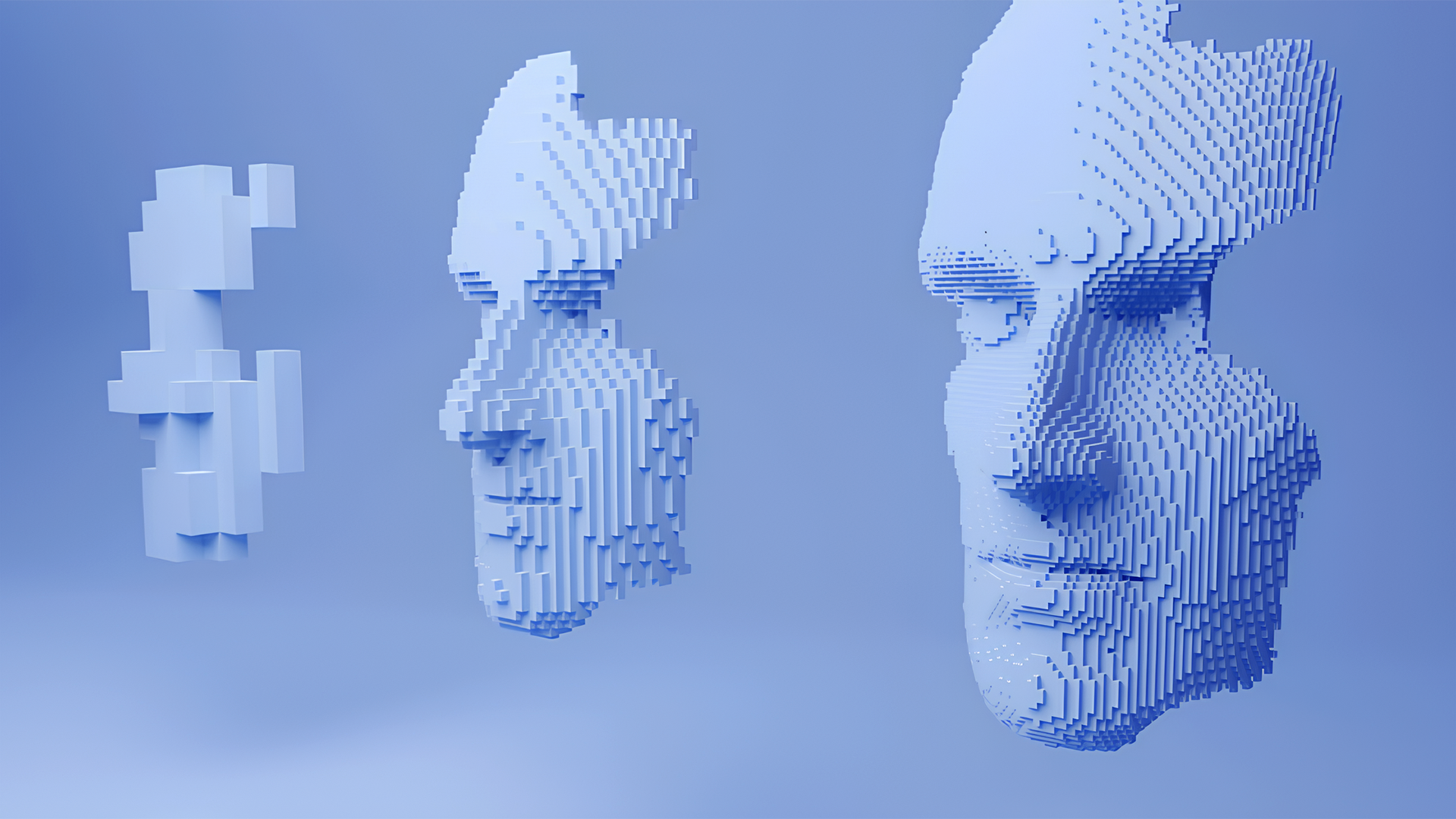
The basis for what would eventually become Republic was inspired by two, fundamental tenets: that the most valuable commodity in the world will soon be access to artificial intelligence technologies, and that we need a way to effectively incentivize such access in an open and permissionless manner. The current paradigm, dominated by a handful of hyperscale cloud providers, creates systemic risks, stifles permissionless innovation, and erects barriers to entry for all but the most well capitalized actors. Research and iteration revealed that the best way to achieve this was not by creating a simple dApp or marketplace, but rather a new blockchain, a new token economy, from scratch: one specifically designed for creating and providing access to AI applications through a permissionless, credibly neutral platform.
Republic's endgame is to be a new economy: like all economies, it will have a native asset, goods (in the form of verifiable compute units), and a set of rules that will be enforced programmatically at the protocol level. The first use case for Republic will be a generalized compute marketplace that allows anyone, anywhere, to obtain unfiltered, unmetered access to computational resources through the exchange of native tokens, directly from the network. We will also be introducing mechanisms to ensure that those who do not have direct access to physical hardware will still be able to obtain native tokens for the purpose of exchanging them for compute. This will manifest itself via custom, protocol native talent identification programs, which will allow highly capable members of the community to receive compute resources in exchange for creating products and protocols leveraging the blockchain's resources.
The idea of architecting a new cryptoeconomic framework to meter the creation and consumption of a specific commodity is not entirely new. In fact, the genesis of the entire field lies in this principle. Bitcoin, in its most fundamental analysis, represents the first successful, large scale implementation of such a model. Its Proof of Work algorithm established a system to monetize the consumption of compute power and electricity for a singular purpose: achieving consensus and securing a distributed ledger. The commodity produced is hash power, orchestrated through the coordinated incentivization of miners who expend computational resources in exchange for a probabilistic reward in the native asset, BTC. The production and coordination of this commodity results in the end network resource: computational security. This framework elegantly solved the Byzantine Generals' Problem by making malicious behavior economically irrational.
The advent of Ethereum generalized this concept. Where Bitcoin's virtual machine was intentionally limited, the Ethereum Virtual Machine (EVM) created a Turing complete state machine, establishing a protocol for generalized, decentralized computation. The commodity being metered was no longer just hashrate for security, but discrete computational steps, priced via the "gas" mechanism. This allowed the network to orchestrate the execution of arbitrary code (smart contracts) by creating a fee market for its finite computational resources. Ethereum demonstrated that a blockchain could serve as a global settlement layer not just for value, but for state transitions, laying the groundwork for more specialized resource networks.
Subsequent protocols have extended this design pattern to orchestrate increasingly complex and domain specific assets. Oracle networks, epitomized by Chainlink, architected a cryptoeconomic system to incentivize the production of a non native, off chain asset: verifiable, real world data. In this model, the native token, LINK, is not just a medium of exchange for data but also a crucial component of cryptoeconomic security. Node operators must stake LINK as collateral, which can be slashed for providing inaccurate data or failing to perform. This staking mechanism creates an explicit economic guarantee on the quality of the orchestrated service, demonstrating how to align incentives for a distributed network of actors to perform a task whose quality is externally verifiable.
This model of using tokens for both work provisioning and quality of service collateral has been successfully applied to other domains. Decentralized storage networks like Filecoin and Arweave created sophisticated frameworks to incentivize the orchestration of data storage. Participants, or Storage Providers, must prove they are correctly storing specific data over time through cryptographic challenges like Proof of Replication (PoRep) and Proof of Spacetime (PoSt). Failure to do so results in the slashing of their staked collateral (FIL tokens). This created a robust, verifiable, and economically secured market for a physical resource, in the form of hard drive space, a direct parallel to Republic's objective for computational resources.
Republic synthesizes and builds upon the lessons from these historical frameworks. We recognize that providing verifiable, general purpose AI compute is a multi faceted challenge that borrows principles from each predecessor. Like Bitcoin, we are incentivizing the provision of raw computational power. Like Ethereum, we are creating a metered marketplace for generalized computation. And, critically, like Chainlink and Filecoin, we are implementing staking and slashing mechanisms to provide cryptoeconomic security guarantees. Compute providers on the Republic network will be required to stake our native token, REP, as collateral to ensure uptime, execution integrity, and service level agreements.
So far, we have created the basis for what will soon be a way to effectively coalesce and validate the amount of compute an individual is capable of providing to the network: a form of "Proof of Compute Capacity." We have also finalized plans for our native token, REP, designed specifically for being the basis of an economy around the production of computational resources and goods, solely for the creation of native, on chain products and businesses.
Republic is built by an entirely distributed team. Our team is decentralized, with contributors and participants from all over the world. We are planning on making the entire protocol open source soon.
Looking ahead, we are planning on having a public token sale right before our mainnet launch. This crowdsale will allow anyone to purchase REP, the native currency of the platform, in anticipation of a mainnet launch.
Follow our Twitter and join our Discord for continuous updates on how to participate.